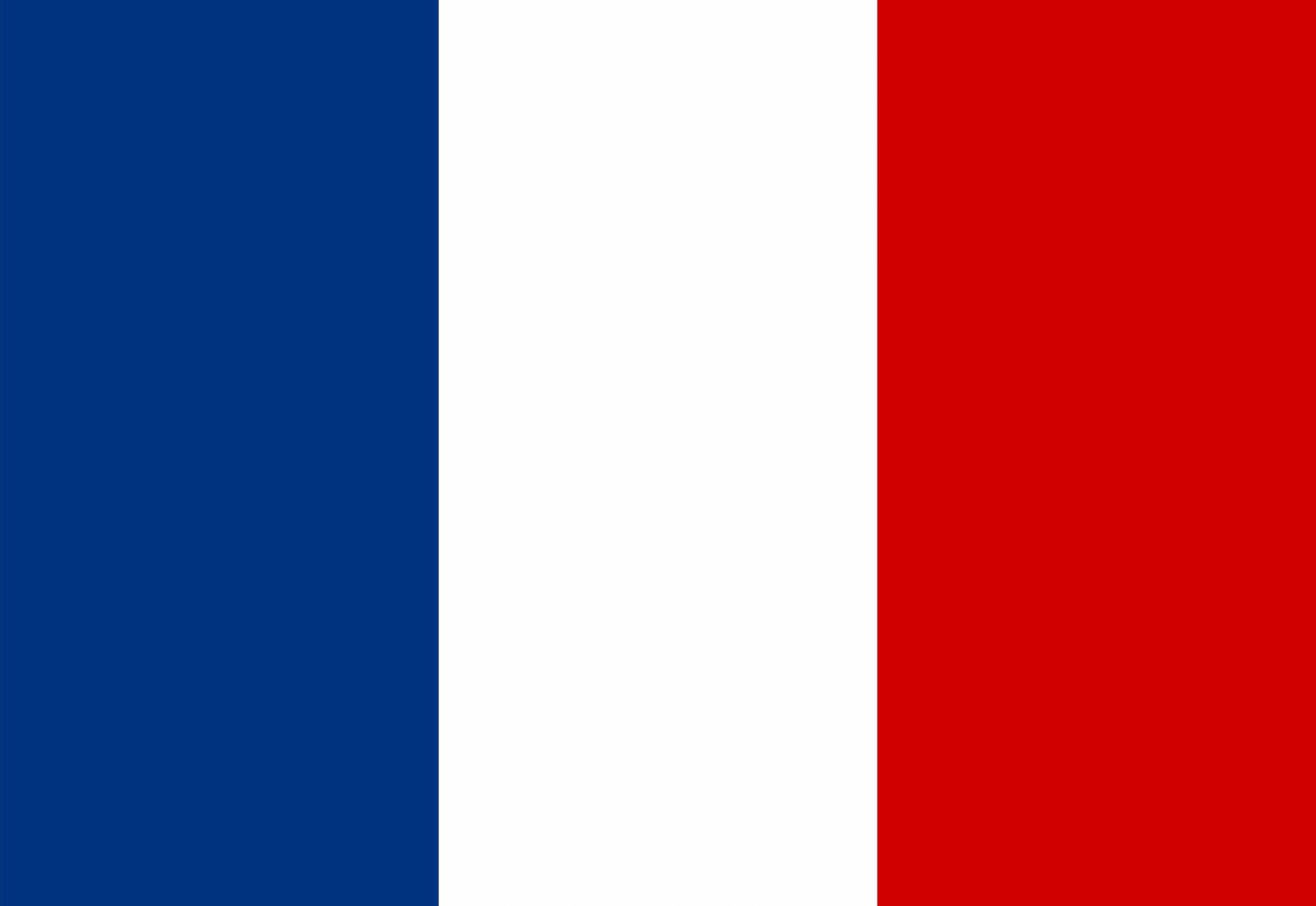- Effective January 1, 2020, the minimum wage in France will increase to EUR 10.15 per hour (EUR 1,539.42 per month or EUR 18,473.04 per year), a .91 percent increase from last year’s minimum wage.
- Benefits and allowances. As before, benefits and allowances may only be included in the minimum salary calculation if they are fixed, taxable, subject to social security and visible on the pay slip. Reimbursement of relocation expenses such as allowances for food / transportation / housing / per diem cannot be included. An economic adjustment or assignment premium may be included if paid by the home employer and visible on the pay slip.
- Currency. As before, employers are required to guarantee the salary in EUR regardless of payroll location and/or exchange rate fluctuations.
- The increase in the minimum wage does not directly affect most French work authorization types, but does impact some Talent Passport categories, as the minimum salary requirements for those categories are linked to the minimum wage.
|
Category |
Current minimum salary level |
New minimum salary level |
|
Posted workers for up to 90 days per 180-day period |
|
|
|
EU Intracompany Transfer (ICT) Permit (Salarié Détaché ICT) |
||
|
Introduction de Salarié |
||
|
Service Provider Work Permit (Prestataire de Service) |
||
|
Talent Passport – Salarié en Mission (Employee on Assignment) |
EUR 32,858.35 per year (1.8 times annual minimum wage) |
EUR 33,251.47 per year (1.8 times annual minimum wage) |
|
Talent Passport – Salarié Qualifié (Young Graduate) |
EUR 36,509.28 per year (2 times annual minimum wage) |
EUR 36,946.08 per year (2 times annual minimum wage) |
|
Talent Passport – Mandataire Social (Legal Representative) |
EUR 54,763.92 per year (3 times annual minimum wage) |
EUR 55,419.12 per year (3 times annual minimum wage) |


